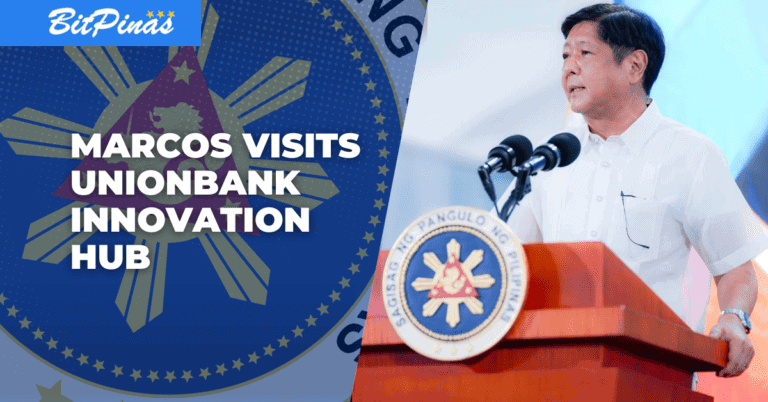Is Ethereum Decentralized?
Harry Santos argues about the decentralization of Ethereum.
As we’ve concluded our recent presidential elections, I’ve been reflecting on the importance of studying history amidst the dominance of misinformation and ongoing threats of historical revisionism. What does this have to do with crypto, you might ask? Let me explain:
Harry Santos is the co-founder and Chief Marketing Officer of celebrity and content creator NFT startup Stanible and the host of the Step Into the Cryptoverse podcast. For questions, message him directly on Twitter.
A forgotten moment in crypto history
Take the $LUNA crash, for instance. As someone who’s been passionately observing the crypto space since 2013, it’s not really news to me (nor is it for my peers who have been in the space as long or longer than me). We’ve seen it several times before.
This is why, as the Philippines’ second-biggest e-wallet, PayMaya, with 47 million users now have the ability to buy and sell crypto, I am compelled to write about an event that is now seemingly obscure from our collective memory and alarmingly missing from the knowledge of crypto newcomers — the DAO hack of 2016.
Vitalik reversed a transaction on the blockchain
Yes, that’s how much power he has. As much as we throw around words like decentralized or immutable, Vitalik et al. successfully convinced the Ethereum community to support a hard fork that would reverse a successful transaction on their blockchain, due to a hack, giving birth to Ethereum Classic ($ETC) and the $ETH we know today.
This is aside from the fact that the founders were already rewarded ownership and control of majority of $ETH before the public sale.
In the crypto community, we always say that we should not trust and that we should verify. So how do we live upon this tenet if fundamentally, most crypto projects out there require us to trust fallible and potentially corruptible human beings?
Does this mean that we should all be Bitcoin maximalists?
For me, not at all. Unlike Bitcoin maximalists, I don’t see “decentralization” as a hard requirement for any crypto project to have use cases that will benefit our society. I believe that projects like Ethereum and other supposed “ETH-killers” are not meant to and don’t have to replace Bitcoin to be useful. Heck, I even think Ripple ($XRP) could potentially have some beneficial use cases despite the knowledge that it’s fully centralized.
BUT, I also acknowledge the wisdom that the maximalists have to offer. I think of them as elders in a tribe. You don’t always have to agree with them and, sure, they can be toxic sometimes, but we also shouldn’t dismiss any of their advice.

Bitcoin and proof-of-work are superior, no doubt. Bitcoin is the one true decentralized cryptocurrency out there right now. And Satoshi made this even more compelling by disappearing and remaining anonymous, protecting us from potentially corruptible leaders, even from himself.
You see, I’m not here to just throw FUD on Ethereum or any crypto project out there. My intent is to share what I’ve learned from being in the space for close to a decade and to remind people of an important yet seemingly forgotten moment in crypto history.
As we witnessed the unfortunate $LUNA crash, I am reminded of what a wise man once said: “those who forget their history are condemned to repeat it.”
This opinion article is published on BitPinas: Is Ethereum Decentralized?
Disclaimer: BitPinas articles and its external content are not financial advice. The team serves to deliver independent, unbiased news to provide information for Philippine-crypto and beyond.




